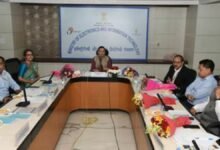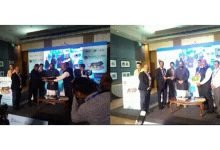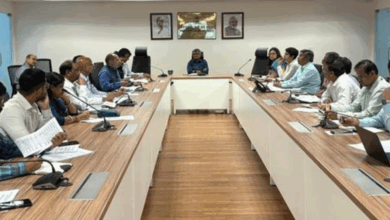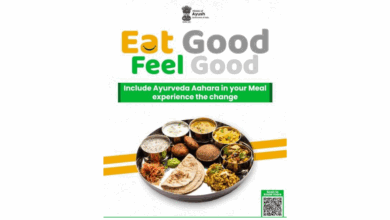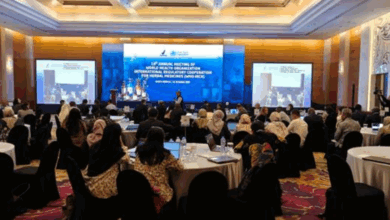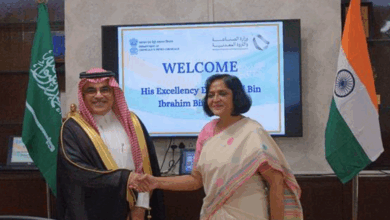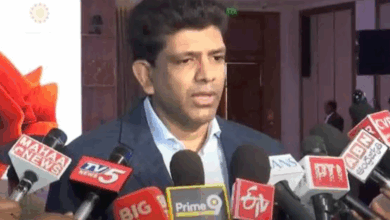C-DAC Transfer of Technology of Power quality solution for Grid and Electronics Solutions for Railways
Prime Minister’s vision of ‘Make in India - Make for the World’ can be achieved with more and more indigenisation of technology: Shri Alkesh Kumar Sharma, Secretary, MeitY
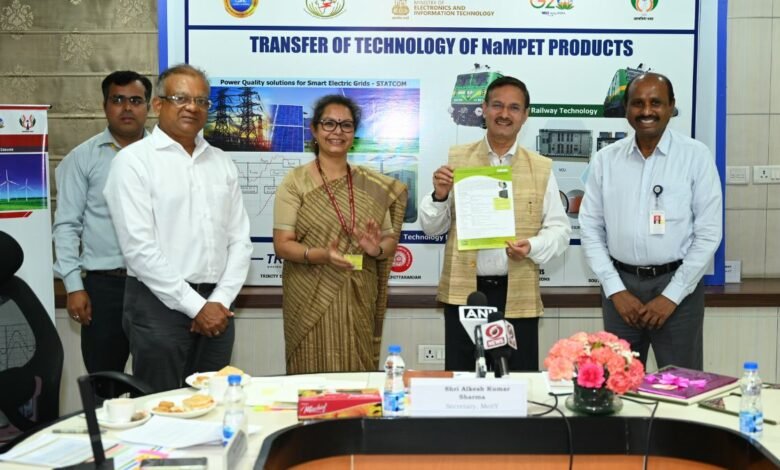
Centre for Development of Advanced Computing (C-DAC), Thiruvananthapuram, Ministry of Electronics and Information Technology (MeitY), Transferred Indigenous Technology of Power Quality Solution and Railways VCU solutions to industry partners in the presence of MeitY Secretary Shri Alkesh Kumar Sharma here yesterday.
Addressing the gathering, Shri Alkesh Kumar Sharma said the Prime Minister’s vision of ‘Make in India- Make for the World’ can be achieved through more and more indigenisation of technology and taking it forward by the industry. “The STATCOM technology will help the masses in the integration of different renewable sources of energy to the grid without depleting power factor and can help the grid in unbalanced grid conditions. Also, the VCU and its offshoot technologies gave to the Indian Railways will ultimately help the passengers, freight, Shatabdi and Tejas trains to have more indigenisation of the technologies,” he added.
Shri Alkesh Kumar Sharma said, “India is slowly transforming and strengthening itself in the R&D and manufacturing sector in which the industry partners have more roles to play as Indian Entrepreneurs and stakeholders to take this mission forward and this synergy will make India an ‘Aatmanirbhar Bharat’.” There is a huge market for new and innovative, upgraded, devices, and the whole advantage of this technology is efficiency which will be a win-win situation for both the developer of the technology and the industry, in which the momentum gain of Indian technology will be crucial as an exporter hub, he added.
Group Coordinator, MeitY, Smt Sunita Verma in her address said the development technology for STATCOM for Power quality solutions and Electronics Solutions for Railways (Vehicle Control Unit, Rolling Stack software, Loco Simulation Controller and Off-Loco VCU test kit) is a good initiative when the country is focussing on self-reliance. The requirement of these five applications will grow manyfold in coming years, She added.
STATCOM: The Static Synchronous Compensator (STATCOM) based on PQ standard-IEEE519 & IEEE1459. The STATCOM technology has become increasingly relevant in recent years due to the growing demand for renewable energy sources such as wind and solar power, which are intermittent and variable in nature. The integration of these sources into the power grid can cause voltage fluctuations and instability, which can be mitigated by using STATCOMs. This Technology of STATCOMs developed by C-DAC, Thiruvananthapuram was transferred to Trinity Energy Solution
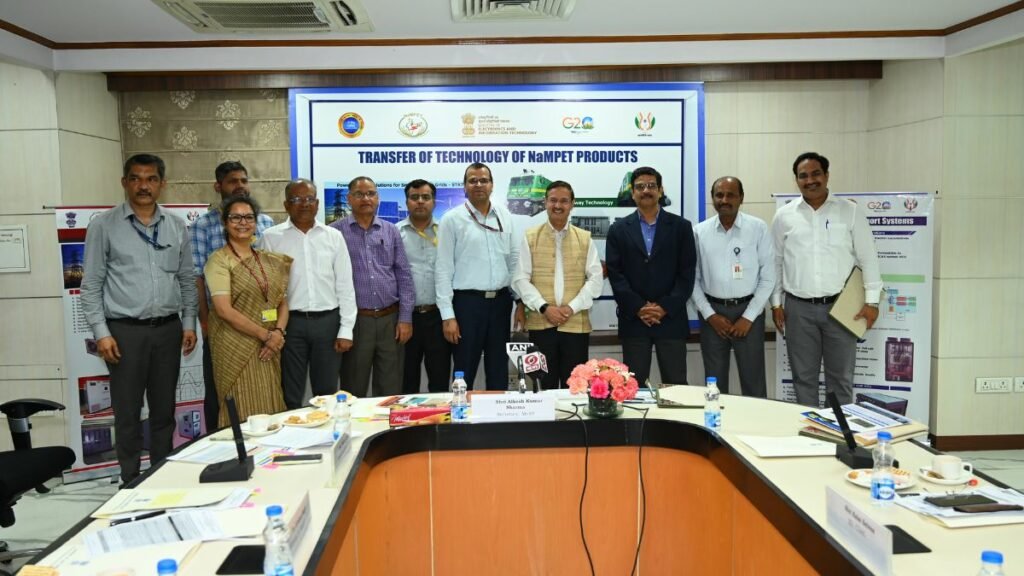
VCU: The VCU is based on the Standard IEC-61375. The technology was based on TCN protocols available during the early 2010s. Since then various enhancements have come up in the TCN protocol. Further, it has been felt that there was a need to upgrade the VCU at par with contemporary technology. The existing C-DAC-VCU in terms of hardware and software and to handhold the technology for 5 years while in-house capacity is built at CLW to tackle the day-to-day and long-term maintenance requirement of the locomotive fleet. This Technology of VCU developed by C-DAC, Thiruvananthapuram was transferred to CLW Chittaranjan.
Loco Simulation Controller: The Loco Simulation Controller is based on the Railways standard. The VCU and its application software need to be tested in the locomotive to better debug, and understand the response of the outputs given by VCU to various sub-systems of locomotives. This test platform could simulate the actual functionalities of the locomotive and will be giving inputs to VCU as per actual locomotive logic. Similarly, it also takes inputs from VCU and processes them and generates outputs as of actual locomotive to VCU. This Technology of the Loco Simulation Controller developed by C-DAC, Thiruvananthapuram was transferred to CG Power & Industrial Solution.
Rolling Stack Software: The Rolling Stack Software is as per the requirement of Indian Railways. The rolling stock application that controls the loco function is distributed among the 4 processor boards in the VCU set. So as to make the loco operation more reliable in case of processor board failures, the important functions are implemented redundantly. This will also help the loco pilot to steer the train without moving from the driving cab to the rear cab to address the failure. This software of Rolling Stack Software developed by C-DAC, Thiruvananthapuram was transferred to CG Power & Industrial Solutions.
Off-Loco VCU Test Kit: The Off-Loco VCU Test kit is per the necessity of Indian Railways. The PCB test jig is used to verify the basic functions of the sub-system PCBs that are being used in C-DAC developed VCU for 3-phase electric locos. The OK/ Not OK status of VC MeitY U subsystem PCBs under test is used for screening the PCBs for use in VCUs. This technology of Off-Loco VCU Test Kit developed by C-DAC, Thiruvananthapuram was transferred to Electrical Loco shed, Rayapuram Southern Railway.
Executive Director (Electrical), Railway Board, Shri Ram Niwas; Scientist ‘D’, Dr Om Krishan Singh, representatives from the industry and other senior officials from MeitY, C-DAC and Indian Railways were also present on the occasion.
Disclaimer: This is an official press release by pib.

